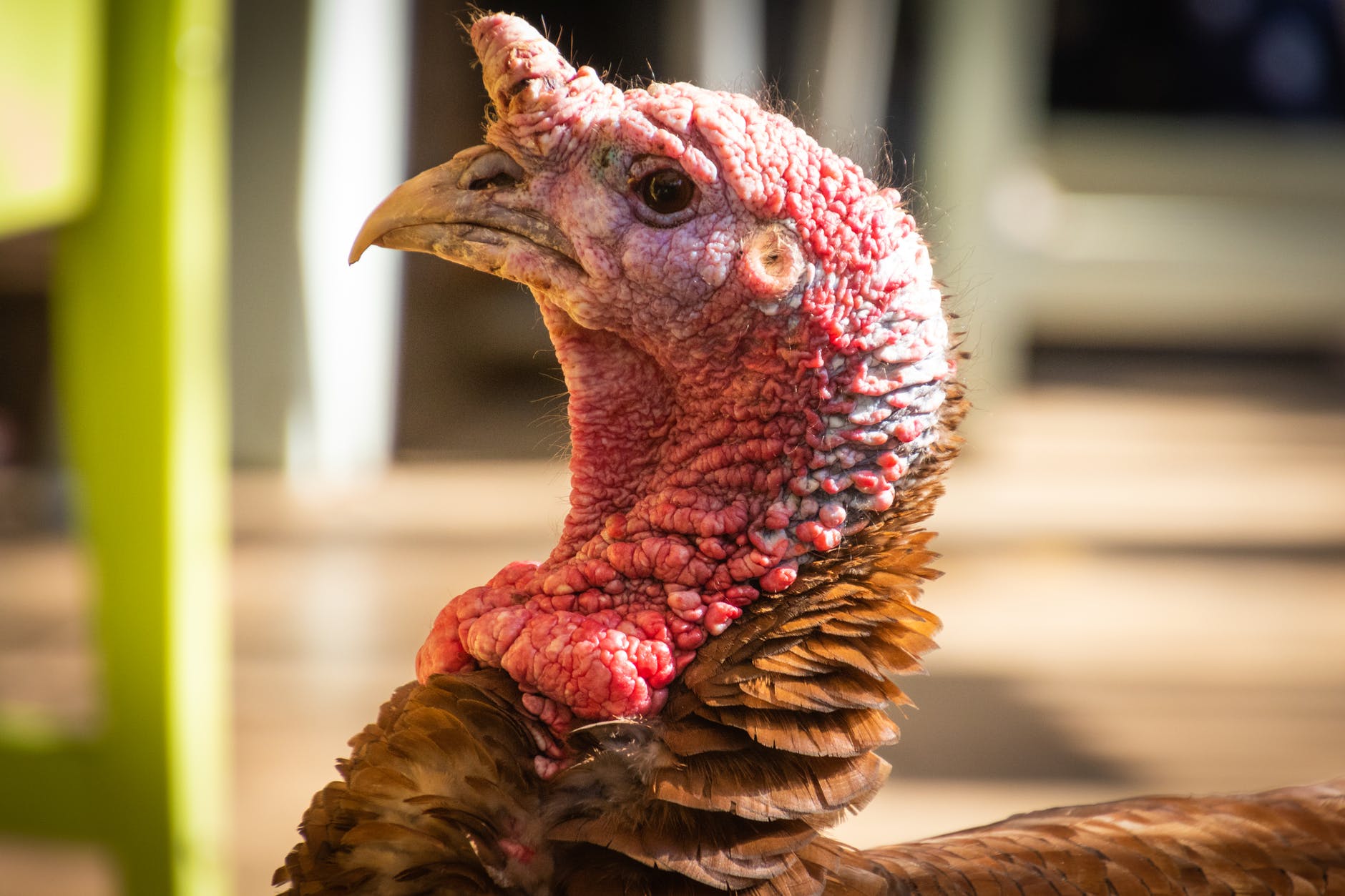
Here’s a little experiment. Can I just write a blog post without planning it, researching, re-thinking several times and then editing for a month?
It’s nearly eighteen months since I wrote a post here, and it feels incumbent (though not really) upon me to explain myself. Why the silence for so long? Well, it’s essentially for two closely related reasons:
First up, I’ve become – what’s the word? not exactly cynical – stoical, deeply yet relatively comfortably pessimistic. I wrote this blog with a kind of humanitarian redemptive hope. I wanted to help the world change direction, to bounce, from the descent into ignorance, political corruption and global destruction. I wrote about how drug addicts often have to hit rock bottom before they see the way back up to the light, and I hoped that might extend to humanity. There is little evidence for that, and, having recognised my motivated reasoning (like a good critical thinker should), it seemed dangerous to share my pessimism for the potential harm it might do any particular reader.
It’s not a reason to give up fighting for change, and certainly not a reason to commit suicide, as I feared was the worst case scenario of someone reading my dark view of humanity’s future. But it’s hard to express the complicated reasons for that. Trying to do so as simply as possible: our life is the only opportunity we have for pleasure, and life is capable of delivering the most astonishing joy; there is nothing to gain, therefore, even in the absence of pleasure, in removing that potential – permanently – unless every possible route to recovery has been explored. The sad fact is that most people who commit suicide do so from a depressive episode, which itself dulls their appreciation of the opportunities available, and massively exaggerates their judgement of how much they have tried. How many times must it be the case that going for a walk, or deciding to phone someone, or a million-and-one other small acts, could have saved someone’s life and led to their happy future, but they thought they’d tried everything and were at the end of the road? Often just a commitment to patience, waiting to see if next week is a bit better, or next year, can be the way out.
I speak from experience. I’ve been suicidal at times, and I’ve counselled several suicidal clients who recovered. But this realisation that humanity may not be destined for sunlit uplands didn’t bring back my late-twenties doldrums, not quite. For one thing, the fate of humanity isn’t a singular condition. While heinous crimes, brutal wars, enslavement, all manner of ills, might continue, even worsen in some instances, there are other conditions, other lives, that can be transformed for the good, and are being so transformed right now. For another, although I was irrationally optimistic in the past, it’s very difficult to make a confident assessment of how things will pan out. Some of those positive changes might be enormous, lifting countless lives out of ignorance and suffering.
We forget how terrible the world was just a short while ago, and are bombarded with bad news every day, which – while I do not mean to make light of the attrocities currently underway in many parts of the world – do not compare. I was reminded two days ago by the annual arrival of International Holocaust Remembrance Day. A mere twenty years before I was born, something in the region of a million Jews – men, women and children – were ousted from their homes all across Eastern Europe, by an official order to congregate on the village green or in the town square, bring warm clothing, food and identity papers. Often a local police officer would organise and oversee this exodus, and the non-Jewish local community, often already deeply antisemitic and lately encouraged by Nazi propaganda, would enthusiastically take part.
The innocents were marched off, not to yet another Jewish exile, but a pre-dug trench in the woods, where they were stripped naked, forced to line up, and shot. The locals, having watched the spectacle or themselves pulled the trigger, would return to claim the empty houses and belongings of their murdered neighbours.
Hitler and the German Command were astonished that this slaughter of the Jews was progressing so swimmingly and began to think slaughtering every last one might actually be possible. They were, however, concerned that the small band of ordinary Germans sent off to orchestrate this were rapidly going insane with the enormous guilt, and that news was bound to get out to the world at large eventually, so set to to devise a more efficient mode of despatch for millions more.
Sometimes, remembering things like that can help us in our lives now, assuming we’re relatively free of suffering or threat. Rather than bringing only negative emotions (which it certainly brings), it can also bring an acute awareness of being alive and free, of the opportunities of a walk, or writing a poem, or singing a song, or indulging in some act of kindness to oneself or others. It might encourage us to engage in political action, protest or charity.
As ever, I also find my Buddhist take-away a real help: acceptance, remembering that the cause of suffering is essentially our grasping attitude to pleasure, our own pleasure, and our fear and avoidance of pain. We must cry when our tears come, learn to trust our body’s natural ways of dumping loss and stress, and be patient in the absence of happiness, even in the absence of its promise. Not desiring anything that is not presently the case is the root of deeper satisfaction. All efforts in that direction seem to bring benefit. It is also of great benefit to remember several wise iterations of the fact that happiness comes from compassion and helping others.
All the relevant cliches come to mind at this point – today is the first day of the rest of your life … YOLO (you only live once) … smile and the whole world smiles with you … – but I won’t insult your intelligence. The current cliche is just a fact: “the world is in crisis.” It certainly is. Climate crisis. Capitalist crisis. Economic crisis. Threats from nuclear proliferation, biological warfare, military use of AI, and the insidious spread of totalitarianism, fascism in its various forms. Western democracy is increasingly just a downright lie. The private sector is increasingly in control of all our futures, and its bottom line, in case you haven’t noticed yet, isn’t how happy it makes its customers, just how happy it can con them into thinking it’s making them.
The politicians have largely sold their souls to big business, which has no soul, just enormous tracts of land and piles of cash. Trump is back on the trail, ready to make America even greater than last time. Britain continues to be the biggest international crime scene, laundering oligarch’s money and investing our representatives’ fortunes in offshore tax havens. It’s what Brexit was about.
But we only have one life, that is also true. Indeed, we only have this moment, and, in it, the opportunity to make the next a little better or worse.
Well, I did it. Minimal planning and editing. I’m not sure what to make of it. But please look after yourself and each other.
P.S. There’s another reason I’ve not blogged in a while, a much more mundane one, but probably also related. I’ve got into another project that has taken precedent over my rambles here, developing a music notation system and accompanying computer program that will, hopefully, make it easier for non-geniuses like me to read and write music without spending a decade practising, learning complicated theory and repeating endless scales. It’s related, because one day it will be too late to make a difference.
And, finally, WordPress has become a bloody nightmare, so when I blog again, it might have to be on another platform.






